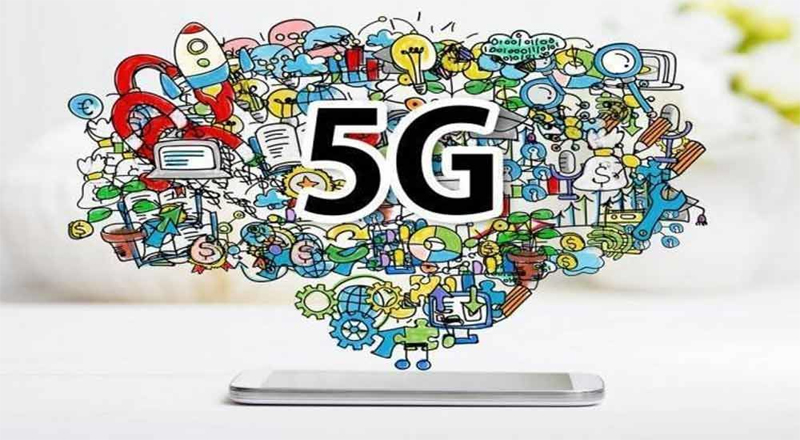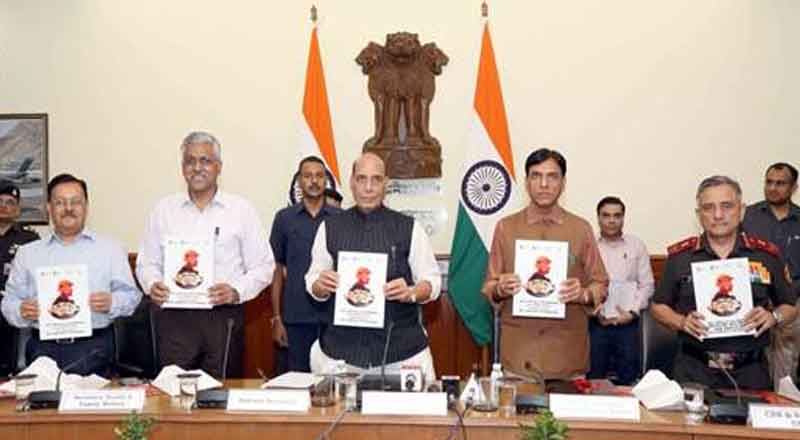5G, the fifth generation of mobile communication systems, is also the next generation of cellular and mobile technology that will have a tremendous impact on our lives and the market. With digitization being the latest saga, IoT will be an inevitable part of 5G. Organizations in every field need to get ready for the 5G revolution. Now the technology companies have got the opportunity to prove the concept, which most of the companies were waiting to prove as the test case as the coronavirus is changing everything about how people work, and will do so permanently. Even though the working world is experiencing unprecedented uncertainty, there are two things that should be borne in mind: the virus will pass, and at the other side of the pandemic, the world of work will look very different.
India is at the cusp of a digital revolution powered by increasing broadband and internet penetration, exponential data uptake and the Government’s focus is on digitalisation and increasing trend of technology adoption across industries. Newer business models and intermediaries are emerging in the 5G value chain to cater to the need for connectivity and for providing differentiated services to niche market segments as well as customers.
Secondly, 5G could be the answer to the digital aspirations harbored by the industry and our society. However, considering the underlying infrastructural and business challenges faced by the telecom sector and the agility in the healthcare sector will be one of the key legacies of the pandemic.
In most cases, we used to have only one option when we became ill and needed medical attention: travel to a doctor or hospital. For people in rural areas, with doctors located several miles away, traveling while ill can be challenging and time-consuming. With the advent of telehealth and remote home monitoring systems, we can receive care from the comfort of our homes. Doctors make recommendations after a short video call, and even submit prescription requests. However, this remote monitoring, along with sophisticated imaging equipment, can lead to additional strain on the networks of businesses in the healthcare industry. This often increases congestion and slows network speeds, especially for healthcare providers that might be interfacing with dozens of patients a day. The lag is not only frustrating for those using it, but the poor quality can delay patient care, which could hurt outcomes in the long run. And because the use of Internet of Things (IoT), technologies continues to grow, the amount of data on networks is expected to only increase more.
5G technology has the potential to help resolve these challenges. Here are five ways 5G can help healthcare organizations meet the growing demands of digital transformation. Covering virtual-reality assisted diagnostics among other use cases, the survey found that three-fifths of those studied support the use of 5G remote assisted surgery and drone technology. The same percentage believe that video consultations are more convenient than visiting a GP surgery or hospital in person. Over 70% indicated that they believe that it is important for new hospitals to be 5G connected. Technology is going to transform healthcare in the future and this sector has showcased how healthcare can move at pace to embrace new technologies.





